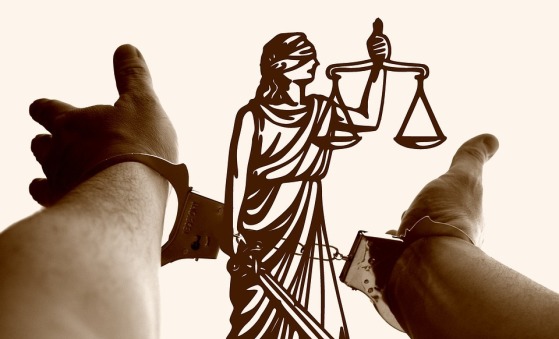
The Indian National Congress has levelled allegations of a massive stock market scam orchestrated by the ruling Bharatiya Janata Party (BJP) during the 2024 Lok Sabha elections. At the heart of these accusations lies the claim that rigged exit polls facilitated insider trading, enabling certain entities to profit enormously from the stock market's dramatic movements around the election results.
The central figure behind these allegations is Praveen Chakravarty, the chairman of the Congress party's data analytics department. According to Chakravarty, the suspicious stock trading activity on 31 May 2024, a day before the release of the exit polls, set the stage for what he calls "the biggest-ever stock market scam."
That day, Chakravarty asserts, the trading volume in the stock market doubled, an occurrence so rare that it typically happens only in response to major news events. However, no significant development took place on May 31 to justify such a surge in trading activity, raising eyebrows within the financial community.
The following day, on June 1, exit polls were released, unanimously predicting a landslide victory for the BJP-led alliance. Fuelled by these predictions, the stock markets soared to new heights on June 3rd, when trading resumed after the weekend. However, the jubilation was short-lived, as the actual election results on the day of counting triggered a record-breaking crash, wiping out a staggering ₹30 lakh crore in market value.
Chakravarty's allegations hinge on the behaviour of foreign investors during this period. Data reveals that while foreign investors were net sellers in the days leading up to May 31, they turned into massive buyers on that single day, only to revert to selling positions after June 3. This pattern, Chakravarty asserts, suggests that certain entities may have had prior knowledge of the exit poll results, enabling them to make substantial profits through strategic trading.
The Congress party alleges that the exit polls were orchestrated and coordinated by the highest levels of the BJP leadership, with the potential involvement of pollsters, media organizations, and potentially even party leaders themselves. Lending credence to these allegations are statements made by Prime Minister Narendra Modi and Home Minister Amit Shah, who, according to Rahul Gandhi, provided "specific investment advice" in their interviews ahead of the election results, despite not being registered investment advisors.
Chakravarty emphasises the need for a thorough investigation by a Joint Parliamentary Committee (JPC) to uncover the entities and individuals involved in this alleged scam. He argues that the Securities and Exchange Board of India (SEBI) possesses the necessary data to identify the beneficiaries of the suspected insider trading and should be directed by the JPC to conduct a comprehensive probe.
The Congress party has also highlighted the potential involvement of derivatives trading in this alleged scam, adding another layer of complexity to the investigation. Derivatives, which are complex financial instruments, can be used to profit from both rising and falling markets, making them a potential tool for insider trading.
While the BJP has dismissed these allegations as baseless, Chakravarty maintains that the evidence is compelling and deserves a thorough examination. He likens the situation to the recent scandal in Austria, where the chancellor was forced to resign after rigging polls and forcing media outlets to carry them.
The implications of these allegations are far-reaching, not only for the integrity of the stock markets but also for the sanctity of the electoral process itself. If proven true, this alleged scam would represent a severe breach of trust and a blatant manipulation of the financial markets for personal gain.
Chakravarty's claims have also gained support from other opposition parties, with the Trinamool Congress MP Saket Gokhale writing to SEBI seeking an investigation. As opposition calls for an independent investigation grow louder, the onus is now on the authorities to ensure a transparent and impartial inquiry into this matter.




